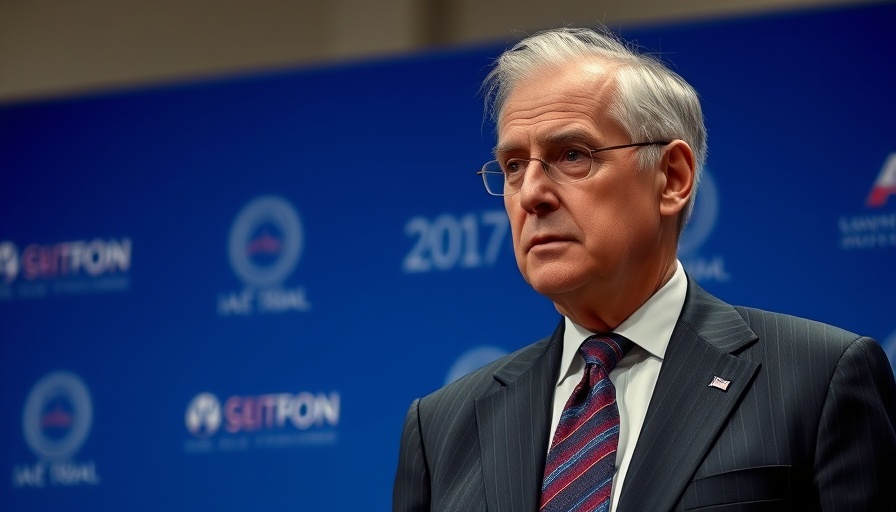
The Navy’s Decision to Rename USNS Harvey Milk
The US Navy is set to rename the USNS Harvey Milk, a ship honoring the renowned gay rights leader and Navy veteran. This decision, which coincides with Pride Month—a time dedicated to celebrating the LGBT community—has sparked significant discussion. Documents obtained by CBS News reveal that this change aligns with efforts from the Trump administration to promote a specific military culture, which includes reassessing the names of ships honoring civil rights figures.
Historical Context and Impact
Harvey Milk made history as the first openly gay man elected to public office in California when he won a seat on the San Francisco Board of Supervisors. His tenure was tragically cut short when he was assassinated just ten months after being sworn in. His legacy of advocating for LGBTQ+ rights remains crucial to understanding the ongoing fight for equality today. Renaming the ship named after him raises questions about how we honor figures in civil rights history and what message this sends to future generations.
The Push Against Diversity Initiatives
The Navy’s change also reflects a broader pattern of the government moving away from diversity and inclusion programs. In recent months, Defense Secretary Pete Hegseth issued directives that ban military personnel from participating in events related to heritage or awareness months. Critics argue that these policies undermine the experiences and recognition of marginalized groups within the military. As the military reshapes its focus, it becomes essential to consider the implications of sidelining diverse identities in such public forums.
Political Reactions
The announcement has led prominent political figures, including former Speaker of the House Nancy Pelosi, to voice their opposition. Pelosi’s criticism highlights an essential debate in American politics surrounding the need for diversity versus militaristic traditionalism. While supporters of the renaming argue it’s an assertion of a unified military identity, opponents see this as a direct affront to the inclusive ideals that many groups, including advocates for LGBTQ+ rights, champion.
Current Events and Relevance
As the nation observes Pride Month, an event celebrating LGBTQ+ identities and the monumental impact of figures like Milk, the proposed renaming adds a contentious layer to an already polarized political climate. Many LGBT rights activists argue that renaming the ship is a regressive step that contradicts the progress made in recent years towards recognizing the contributions of marginalized communities. Amidst larger discussions of discrimination, accountability, and inclusion, this event can serve as a rallying point for advocates.
Future Trends in Military Culture
The renaming of the USNS Harvey Milk may signal a broader shift in military culture, one that could influence not just how service members view diversity, but how they embody it in practice. With increasing attention on mental health and well-being in the Armed Forces, movements toward greater inclusiveness could either gain momentum or be stifled depending on the voices that prevail in this ongoing debate.
The Value of Historical Awareness
Understanding the historical context of leaders like Harvey Milk is crucial for the current and future generation. It highlights the necessity of recognizing the struggles for rights within diverse communities and the importance of representation in all sectors, including the military. Advocates of diversity highlight that recognizing such figures fosters unity across myriad identities, while ensuring that the narratives of those who fought for equality are not forgotten.
Decisions and Actions: What Next?
As the Navy moves forward with this renaming initiative, it will be imperative for the military and the government alike to consider how these actions reflect on national values and identity. Every change could lead to a significant discussion about how history should be remembered, and what symbolism remains essential in shaping both present and future American identity.
In light of these discussions, it’s crucial that we engage and consider the implications of renaming practices. Is this a time when we should uphold the values mirrored in certain names, or should historical figures be evaluated through a contemporary lens? The answer may lie in both maintaining remembrance and embracing change.
As readers, you can reflect on how these changes affect notions of inclusivity and the value of diversity and inclusion in America today. Every voice matters, and it’s important to engage in discussions that shape our collective future.
 Add Row
Add Row  Add
Add 




Write A Comment